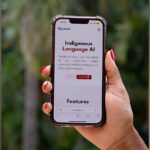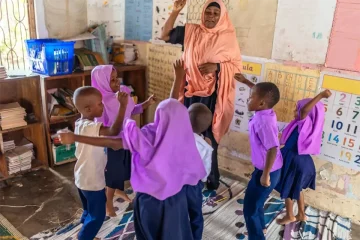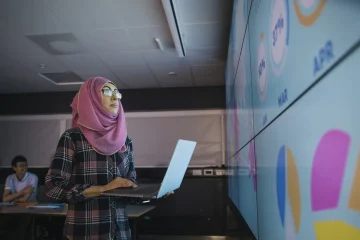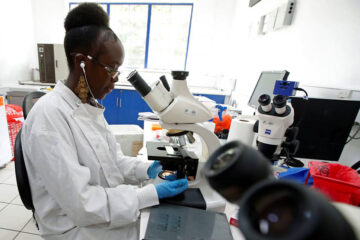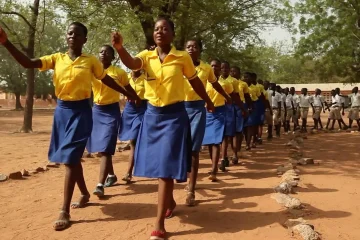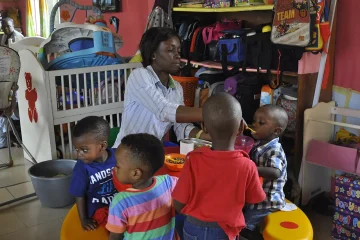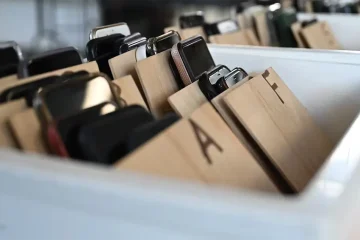LISA WITEPSK
EDUCATION – always a contentious topic in South Africa – has been impacted more than most other industries by the Covid-19 pandemic. But, as always, the flipside to challenge is opportunity, as tutoring companies Kitso Technology Excellence Academy (KTEC) and eThuta show.
Eight out of every 10 South African school children are unable to read properly – “not in English, not in their home language, not in any language,” laments Moses Mphahlele, co-founder of eThuta, illustrating why so many parents consider extra educational support a necessity.
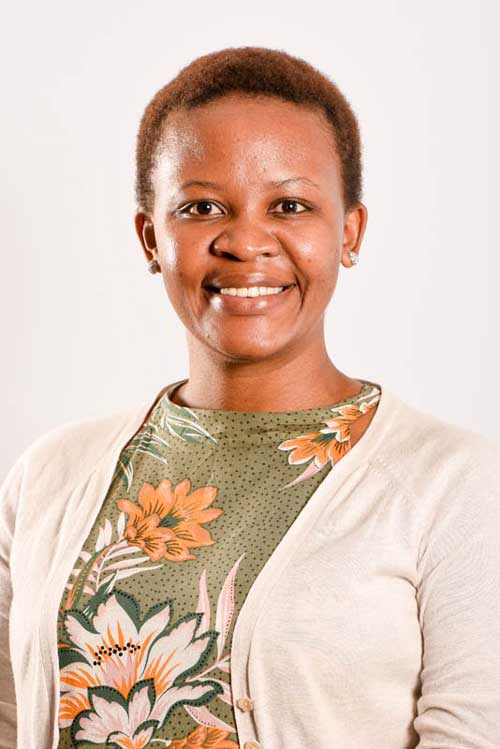
While this means that individuals offering tutoring services – of which there are many, according to Reneiloe Seodigeng of Kitso – stand to reap significant rewards, they need to make sure they have a clear-cut differentiator and are able to offer real value.
Both Kitso and eThuta have done this successfully; in the case of the former, by focusing on self-directed study, while eThuta has distinguished itself through an accent on self-mastery.
Not that this has been easy, Mphahlele admits. He informs that the company has its seed in the closure of co-founder Simangle’s brother’s school when he was in Grade 11. Unable to find a school that would take Tshego on at short notice, the duo decided to home-school him – with outstanding results. Tshego went on to complete matric and register to study actuarial science at the University of Pretoria.
Mphahlele attributes this success to the importance he and Simangle attached to self-mastery. “We worked hard to bolster the tutoring with tools that would boost his self-confidence when it came to learning and which would help him connect with his schoolwork.”
The Mphaheles decided to use this as the basis for eThuta. Over the past six years, this programme has grown into a learning support organisation represented in both Gauteng and Limpopo, and has helped more than 400 students across grades 1 to 12 achieve their academic performance goals. Added to this, eThuta has trained 30 teachers on how to use self-mastery as a classroom management tool.
It’s an impressive track record, but Mphahlele is candid about the challenges the team has faced. “The first year was particularly difficult because we had an unknown brand and no track record of success. We had to build brand trust.” The team worked with schools, free of charge, so that it could prove how self-mastery can lead to improved learner skills and performance – and, by the third year, the merit of this approach had become evident.
Mphahlele says that the organisation’s progress is also built on ensuring that learning programmes accommodate children with diverse learning gaps. “Our programmes are unique because we focus on assessing reading and numeracy skills, rather than earning marks. We are passionate about shifting learners’ mindsets so that they can reach their full potential,” he explains.
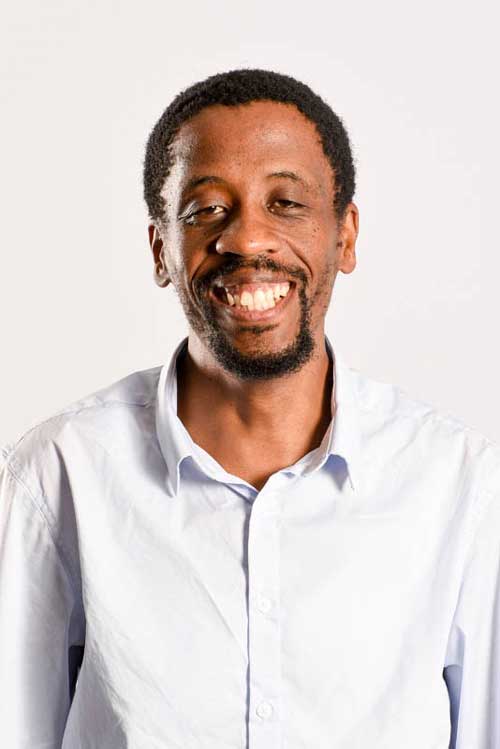
Meanwhile, Kitso’s parent company, BAAS Training, has also concentrated on developing an approach that is unlike anything else available in the market. Seodigeng explains that when she and her husband, Tumisang, first established the company, it operated as an afterschool learning centre where children could play games, usually with a focus on technology, and take classes in coding and robotics. “Research and technology development were our major areas of interest, because I was working as a chemical engineer while Tumisang was a senior lecturer at the University of Johannesburg, and had always been interested in doing research. We both realized that technology is the future, but we also feel that no learner should be forced to learn in a particular way, especially since there are so many teachers and resources available online.”
As the Kitso Technology Excellence Centre grew, it became clear that its model was not sustainable. The resources needed to offer proper afterschool care placed a strain on the company and, added to this, there were other facilities in the catchment area more geared to offering a pure aftercare solution. Seodigeng says that the couple realized it was time to pivot – and, since both their expertise and experience lay in STEM, they decided that this was what should set them apart.
BAAS piloted a learning programme with 30 learners from the area, providing resources and assisting in the development of skills that would enable them to guide their own learning. “Since they already had a teacher in class, we wanted them to be able to identify their own problem areas and use the resources available or seek out their own to address them – although we provide tutors if they are really stuck.”
Having found its niche as a learning academy with a sole focus on STEM, the company has developed an in-centre KTEC Coding and Robotics programme, and also offers support programmes for maths, science, coding and robotics. These programmes are available at schools as extracurricular activities, but may also be included as part of the curriculum. Most recently, Kitso has moved online, with kitso.org.za catering for learners in primary and high school while thuto.org.za targets higher education and continuous professional education in engineering. Seodigeng notes that the online offering came about as a direct result of the pandemic; although this was already in the offing, it was accelerated by Covid-19 conditions. This posed several challenges: “It was very stressful, and we had unrealistic expectations of ourselves and our clients. We overcame these challenges by pausing, standing back and re-evaluating our offering and our value and how we can best utilise the situation without killing ourselves. When we did that, we came up with an online offering that we could take well into the future.”
Kitso is now getting ready to do just this, with plans to move completely online with a learning management system that encourages learners to participate and engage – with a twist. “The greatest barrier to online learning is that most learners need a prompt to start studying. We are incorporating a reward system that encourages participation and competitiveness,” Seodigeng says, adding that Kitso is also looking to partner with more schools and engineering companies.
eThuta is also looking to grow: “We want to reach more than 5 000 learners by 2025, inspiring them to choose STEM careers. We love knowing that we are playing a role in helping learners believe more in their capabilities and helping them solve complex problems,” Mphahlele says.



